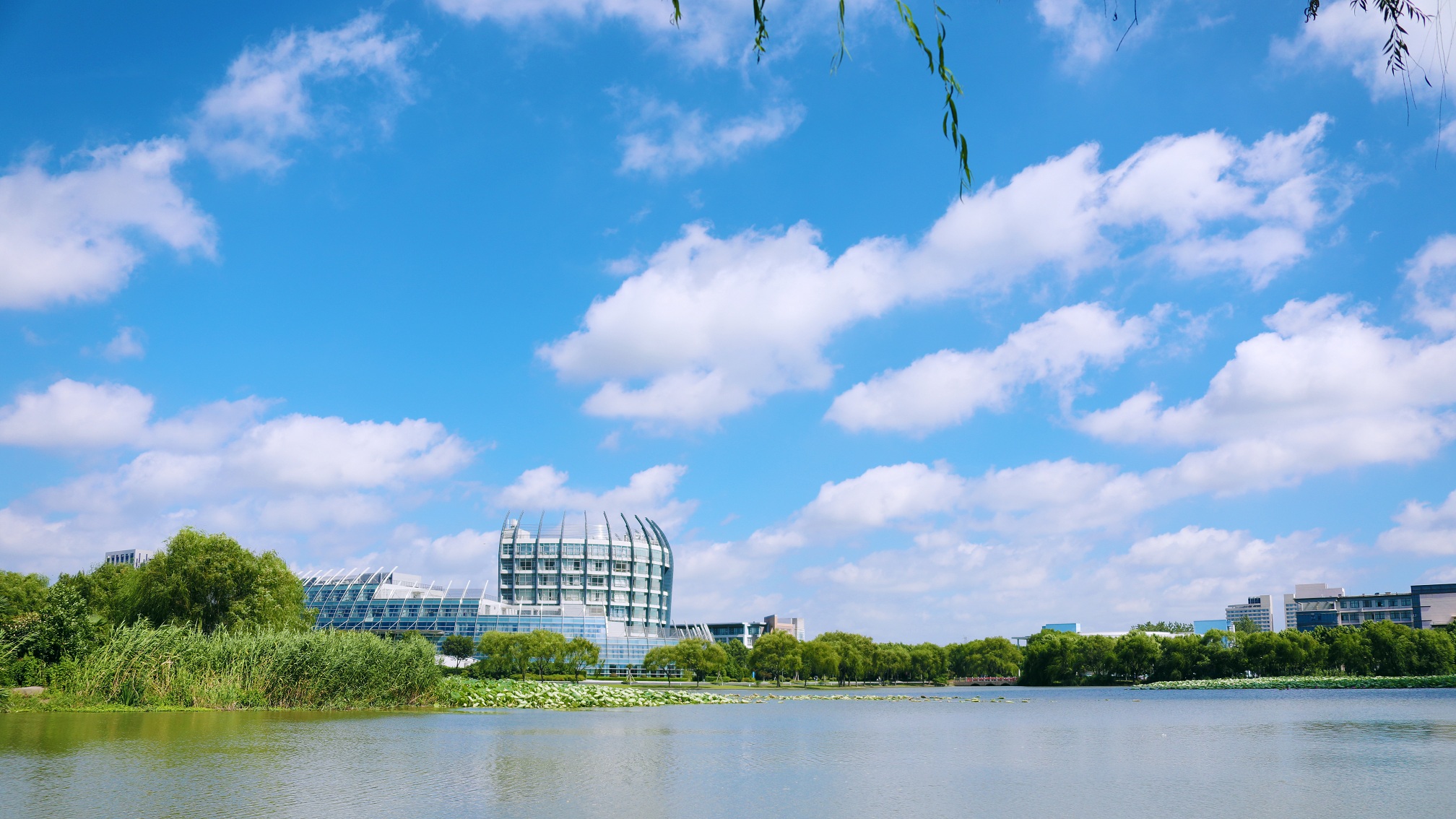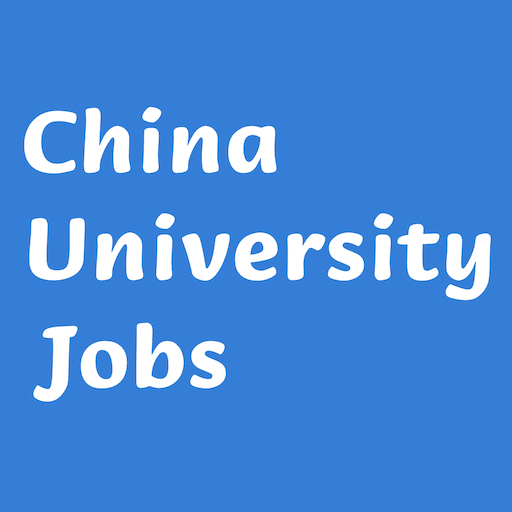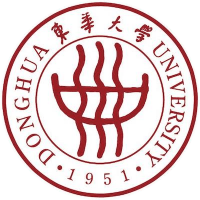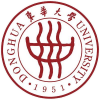
About Donghua University
Donghua University is directly under the Ministry of Education, the national “211 project”, the national “double first-class” construction universities. Adhering to the school motto of “Virtue and knowledge, aspiration and practicality”, the university has developed into a multidisciplinary and high-level university with advantages in textiles, materials, garments and design, and distinctive features.
The history of the university can be traced back to the Textile and Dyeing Institute founded by industrialist Zhang Jian in 1912, which was established in 1951 as East China Textile Engineering College, and was recognized as a national key university by the Ministry of Education in 1960, and became one of the first universities in China with the right to confer doctoral, master’s and bachelor’s degrees in 1981, and was renamed as China Textile University in 1985, and entered the “211 Project” in 1998. In 1999, it was renamed as Donghua University, and in 2017, it was selected as one of the national “Double First Class” universities.
Located in Shanghai, China, the university has Songjiang Campus, Yan’an Road Campus and Xinhua Road Campus, covering an area of nearly 2,000 mu and a total building area of 830,000 square meters. The university is the “Shanghai Garden Unit” and “Shanghai Civilized Campus”. Songjiang Campus is a national water conservancy scenic area.
There are 2,320 faculty members, 1,416 full-time teachers, including 2 full-time academicians, 14 part-time academicians, more than 50 high-level talents such as Ten Thousand Talents Program, Changjiang Scholars and National Jieqing, and more than 900 teachers with other senior titles. There are 14,244 undergraduates, 7,892 master students, 1,265 doctoral students and 705 international students.
The university now has 17 colleges (departments), 6 post-doctoral stations, 10 first-degree doctoral sites, 2 doctoral degree authorization categories, 29 first-degree master’s sites, 17 professional degree master’s authorization categories, and 59 undergraduate majors, covering nine major disciplines: engineering, science, management, economics, art, literature, law, history, and education. Textile Science and Engineering maintains the leading position in China and is rated as A+ discipline. Chemistry, engineering, mathematics, materials science, computer science, environmental science and ecology, biology and biochemistry are among the top 1% of the world ESI. There are 1 national key discipline, 5 secondary national key disciplines, 1 national key discipline, 7 Shanghai first-class disciplines, and 1 Ι class peak discipline of Shanghai universities. The university has one national key laboratory, one national engineering technology research center, 20 provincial and ministerial level research platforms, two national “111” intellectual attraction bases and the national university science and technology park.
The university takes the fundamental task of cultivating socialist builders and successors with comprehensive development of moral, intellectual, physical, aesthetic and labor, adheres to the excellent school spirit of “rigorous, diligent, realistic and innovative”, and cultivates high-quality talents with broad foundation, strong practical ability, innovative spirit and sense of social responsibility. The university actively builds the education system of “five education and one education”, constructs the cultivation system of “tiered teaching, streaming training, diversified talents and talents for all” for undergraduates, continues to deepen the education and teaching reform, and has won 11 national teaching achievement awards since the new century. It has 2 national experimental teaching demonstration centers, 1 national virtual simulation experimental teaching center, 3 national engineering practice education centers, 10 national specialties, and 18 national first-class undergraduate majors. It has been awarded two national model joint training bases for engineering professional degree students, the first batch of students to enter the “Excellent Engineer Education and Training Program” of the Ministry of Education, and the “National Innovative Institution for Engineering Master’s Degree Education”. The first batch of students entered the “Excellent Engineer Education Cultivation Program” of the Ministry of Education and was awarded “National Innovative Institution for Engineering Master’s Degree Education”. In the past three years, Donghua students have won more than 240 championships, gold medals or first prizes in academic competitions and sports and cultural competitions at home and abroad, fully demonstrating the creativity of students. The women’s soccer team won the national championship, and the school entered the top 20 of the “China University Sports Competition List”. The university has been awarded the honor of National Innovation and Entrepreneurship Base, National Innovation and Entrepreneurship Typical Experience University, and National Advanced Group of Higher Education Graduates Employment Work. The employment rate of graduates exceeds 96%, and the salary is ranked 16-21 in the Salary Index of China’s colleges and universities, and the number of students starting their own business is over 420. Since its establishment, the university has trained more than 260,000 talents for the country, and the graduates have become the backbone and pillar of various industries.

The university adheres to the characteristics of combining industry, academia, research and application, undertaking major national scientific research tasks and supporting the strategic needs of national industrial transformation and upgrading and the development of emerging industries. Since the new century, the university has won 29 National Natural Science Awards, National Technical Invention Awards and National Science and Technology Progress Awards. A large number of scientific research results are widely used in aerospace and aviation, major construction projects, environmental protection and other fields, for the “Tiangong”, “Tianzhou”, “Beidou” and “Chang’e”. Tian Tong” and “Chang’e”. The State Key Laboratory of Fiber Material Modification was awarded “Excellent”, and was approved to build the National Innovation Center of Advanced Functional Fibers, the National Technology Innovation Center of Advanced Printing and Dyeing, the Provincial Collaborative Innovation Center of Civil Aviation Composites, the Collaborative Innovation Center of Haipai Fashion Design and Value Creation, the Research Base of Urban Creative Economy and Innovation Services, and the Research Center of the Textile Industry of Donghua University. It has also established the Center for Collaborative Innovation of Haipai Fashion Design and Value Creation, the Research Base of Urban Creative Economy and Innovation Service, and the Research Center for International Cooperation and Development of “One Belt and One Road” in Textile Industry of Donghua University to serve the national economic and social development, the national strategy of integrated development of Yangtze River Delta and the construction of Shanghai as the fashion and design capital.
The university has been vigorously promoting the opening up of education in the new era. The university has actively dovetailed with the important national initiative of “One Belt and One Road” and established the “One Belt and One Road” World Textile University Consortium with 33 textile universities in 18 countries. The university has established good cooperation relations with more than 100 famous universities, research institutions and enterprises around the world. The university was awarded the “20+20 Cooperation Program between Chinese and African Universities” by the Ministry of Education, and established the world’s first Confucius Institute of Moi University with textile and garment characteristics in Moi University, Kenya. Cooperated with Edinburgh University to establish the Shanghai International Institute of Fashion and Creativity of Donghua University to cultivate international first-class fashion and creative talents.




